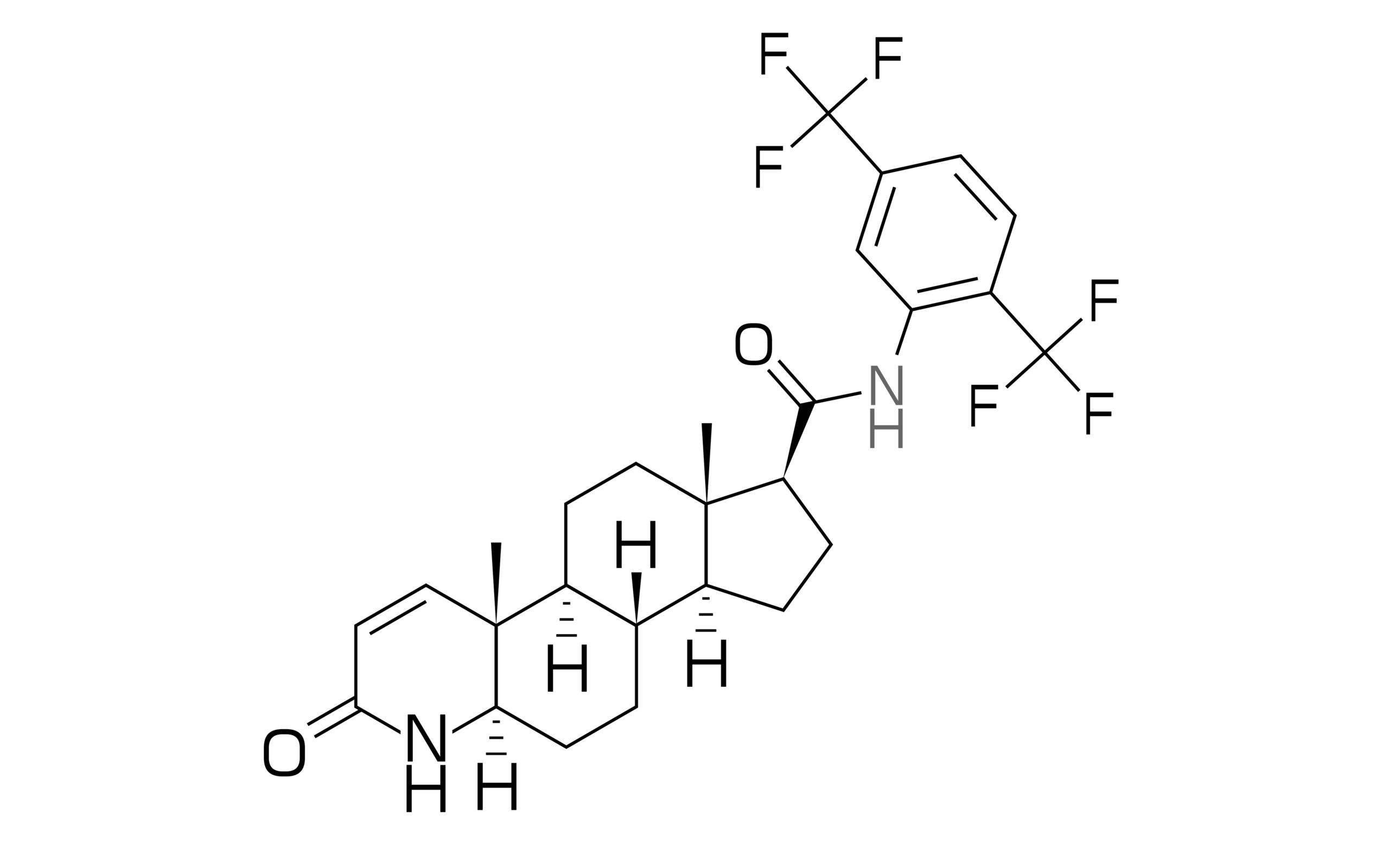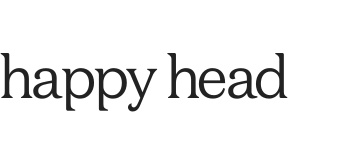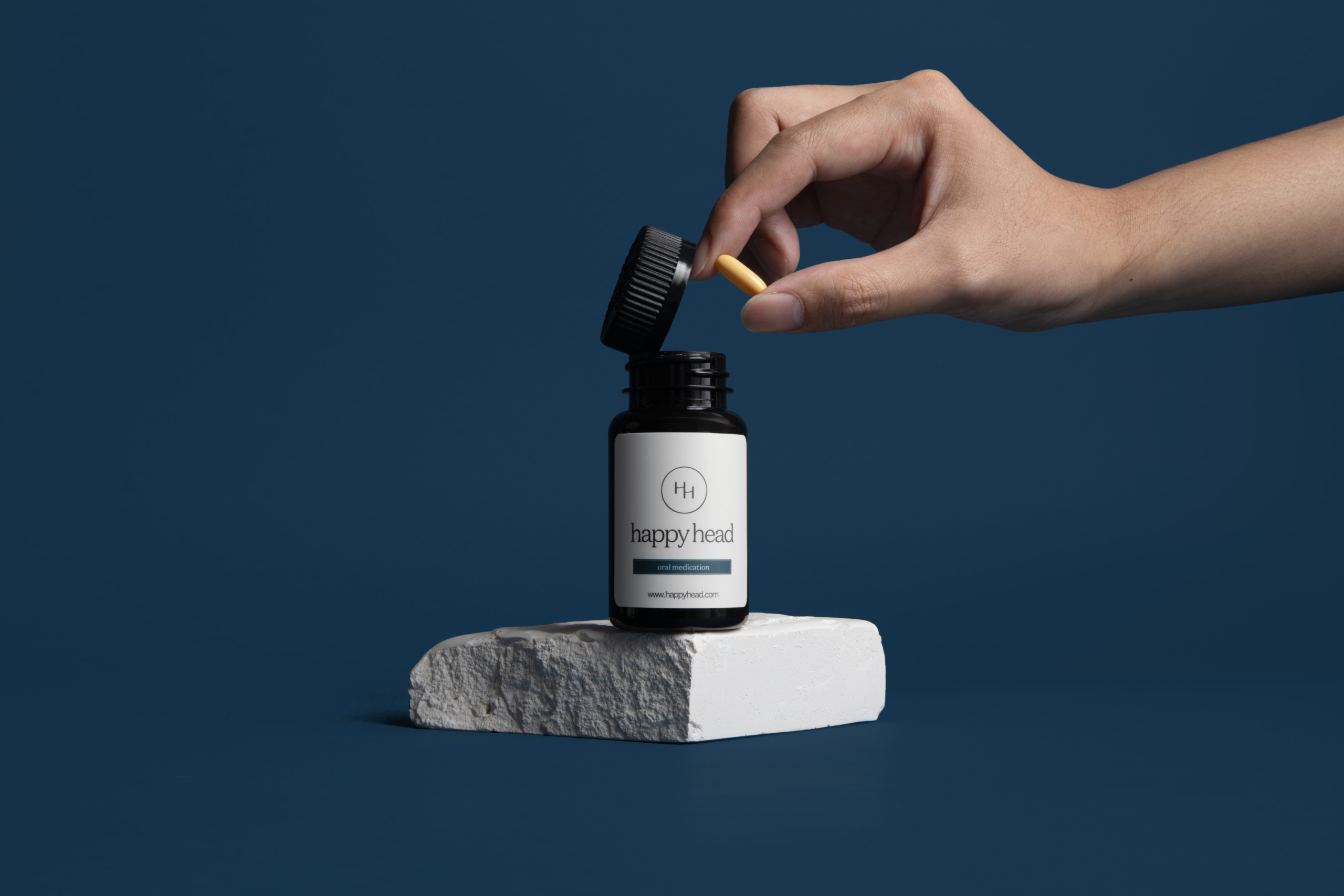The Benefits of Dutasteride for Hair Growth In Men & Women

The Benefits of Dutasteride for Hair Growth In Men & Women
Hair loss is more common than you think, affecting millions worldwide, men and women alike. With many treatments claiming to regrow hair, one ingredient’s results stand out from the rest: Dutasteride.
Most people are familiar with Finasteride as a primary ingredient in hair growth medication, but Dutasteride is considered superior in performance as it targets two of the enzymes responsible for converting Testosterone to Dihydrotestosterone (DHT). According to a study done on 600 patients, Dutasteride reduced DHT by 98% compared to 71% with Finasteride. (1)
This article explores the benefits of using Dutasteride for hair growth and how it can help those struggling with hair loss. Our prescription-grade Dutasteride is available online at the highest concentrations and in multiple forms. Learn how and why Dutasteride may be the key to your hair growth.
Dutasteride Explained
Dutasteride is used primarily in the treatment of enlarged prostate glands in men and is FDA-approved for such use. Dutasteride blocks two enzymes 5-alpha reductase type I and II (responsible for converting Testosterone to Dihydrotestosterone or DHT), an androgen hormone that contributes to prostate enlargement but also hair loss. Clinical studies have found that men who took Dutasteride saw thicker, fuller hair as a result. (2) Because of these results, the powerful DHT blocker is used off-label for hair loss.
How Can Dutasteride Promote Hair Growth?
DHT contributes to hair loss by attacking hair follicles, causing them to shrink and shortening their growth cycle. When hair follicles shrink, they lose access to vital growth nutrients as they separate from blood vessels at the follicle’s base. Without nutrients, hair follicles continue to shrink until they eventually fall out. By blocking this conversion of the hormone Testosterone to DHT, Dutasteride prevents hair loss and promotes growth, especially in combination with stimulating Minoxidil.
Dutasteride also can reverse the miniaturization in hair follicles that causes them to shrink and eventually fall out, leading to thicker and fuller hair overall. It can also extend the anagen or growth phase of hair follicles, so hair is much longer before it enters the resting or telogen phase in the growth cycle.
Benefits of Dutasteride for Hair Growth
Is Dutasteride Effective for Male Pattern Hair Loss?
Male pattern hair loss commonly known as androgenetic alopecia, is men’s most common form of hair loss. A combination of genetics and the effects of DHT on hair follicles causes it.
Studies have shown that Dutasteride can be more effective in promoting hair growth than finasteride, another medication used to treat male pattern hair loss. In a study of 416 men with male pattern baldness, those who took Dutasteride experienced a 23% increase in hair count after 24 weeks, compared to a 17% increase in those who took finasteride. (1)
Can Women Use Dutasteride?
While Dutasteride is primarily used to treat hair loss in men, it has also been effective for women. (2) In a study of 87 women with female pattern hair loss, those who took Dutasteride experienced a 10% increase in hair count after 24 weeks, compared to a 7% increase in those who took a placebo.
Dutasteride is often prescribed to women over 50 who cannot become pregnant and have yet to see results with other hair loss treatments, such as hair growth stimulant Minoxidil and/or Spironolactone. However, it should not be used by pregnant or breastfeeding women, typically women under 50, as it may be harmful to the developing fetus. Dutasteride for women can expand treatment options when others have failed.
Can I Combine Dutasteride With Other Hair Growth Treatments?
Dutasteride can be combined with other hair growth treatments, such as Minoxidil, to enhance its effectiveness. Minoxidil stimulates blood flow in the scalp, providing nutrients that hair follicles need to grow. By combining Dutasteride and Minoxidil, we can block the effects of DHT and stimulate hair growth more effectively.
How to Use Dutasteride for Hair Growth
At Happy Head, Dutasteride is available in oral capsules and as a custom topical that should be taken once a day or applied topically twice daily. It’s essential to follow the dosage and application instructions provided by your Happy Head dermatologist.
With consistent use, it may take 3 to 6 months to see results from Dutasteride. If you were to stop taking Dutasteride consistently, any hair growth progress will be lost in about 12 months. We make it easy to incorporate your custom Dutasteride prescriptions into your daily routine so you can see results and keep them.
Side Effects of Dutasteride When Used for Hair Growth
As with any medication, Dutasteride may cause side effects in some patients. The most common side effects of oral Dutasteride in men include decreased libido, erectile dysfunction (ED), and reduced semen volume. For women over 50 (to whom this ingredient may be prescribed, those not within childbearing years) common side effects include changes in mood, weight gain, reduced libido, breast tenderness, and muscle soreness. Dutasteride also has a 6-month half-life, meaning that it can stay within your system for up to 6 months, so anyone looking to donate blood for example must wait until 6 months have passed to do so. A complete list of side effects of Dutasteride can be found here on our drug safety and information page. These side effects are usually mild and may improve with continued use. In rare cases, it’s possible to experience allergic reactions, breast tenderness or breast enlargement, and depression. If you experience any of these side effects with Dutasteride, talk to your dermatologist immediately and stop using the medication.
For patients looking to reduce their chance of experiencing side effects, especially sexual side effects, we recommend our custom topical Dutasteride. While experiencing side effects can occur with oral medication, topically applied solutions can help significantly reduce this chance of developing side effects because they’re not ingested and don’t travel through the body.
Dutasteride is a powerful DHT blocker used to treat hair loss in men and women. By blocking the conversion of the male sex hormone Testosterone to DHT, Dutasteride helps prevent hair loss and promote growth.
Happy Head Solutions Formulated With Dutasteride
Our Dutasteride solutions are formulated at the highest available strengths and are made fresh for you every month. Once you have a consultation with your Happy Head board-certified dermatologist and they’ve looked at your hair, they’ll prescribe and send it off to our pharmacy to formulate. The best part is you don’t have to wait in a doctor’s office or in line at the pharmacy because we’ll ship it free to your door. Here are our most popular Dutasteride solutions to try:
- Custom Topical Dutasteride & Minoxidil
- Oral Dutasteride
- HH EXCLUSIVE! 3-in-1 daily SuperCapsule™ Dutasteride, Minoxidil & Vitamin D3
- A combination of our custom Topical + SuperCapsule™ Dutasteride formula here
If you are considering Dutasteride for hair growth, it is essential to consult your doctor first to determine if it is the proper treatment for you. Dutasteride can help you achieve thicker, fuller hair and boost your confidence with daily applications. It’s the ingredient of the year for hair growth, so get it made custom for 60% off your first order when you take the quiz and use code HAIR60 at checkout.
References:
- https://www.ncbi.nlm.nih.gov/pmc/articles/PMC9561294/#:~:text=Dutasteride%20inhibits%20type%20II%205,Taiwan11%2C12%2C13.
- https://www.sciencedirect.com/science/article/abs/pii/S0190962206012874
- https://www.ncbi.nlm.nih.gov/pmc/articles/PMC6388756/#:~:text=One%20study%20discovered%20that%20dutasteride,in%20inhibiting%20type%201%205AR.&text=After%20studying%20the%20mechanism%20of,than%20finasteride%20in%20treating%20AGA
- https://www.ncbi.nlm.nih.gov/pmc/articles/PMC10334345/
- https://www.ncbi.nlm.nih.gov/pmc/articles/PMC6388756/
- https://www.ncbi.nlm.nih.gov/pmc/articles/PMC1472914/




